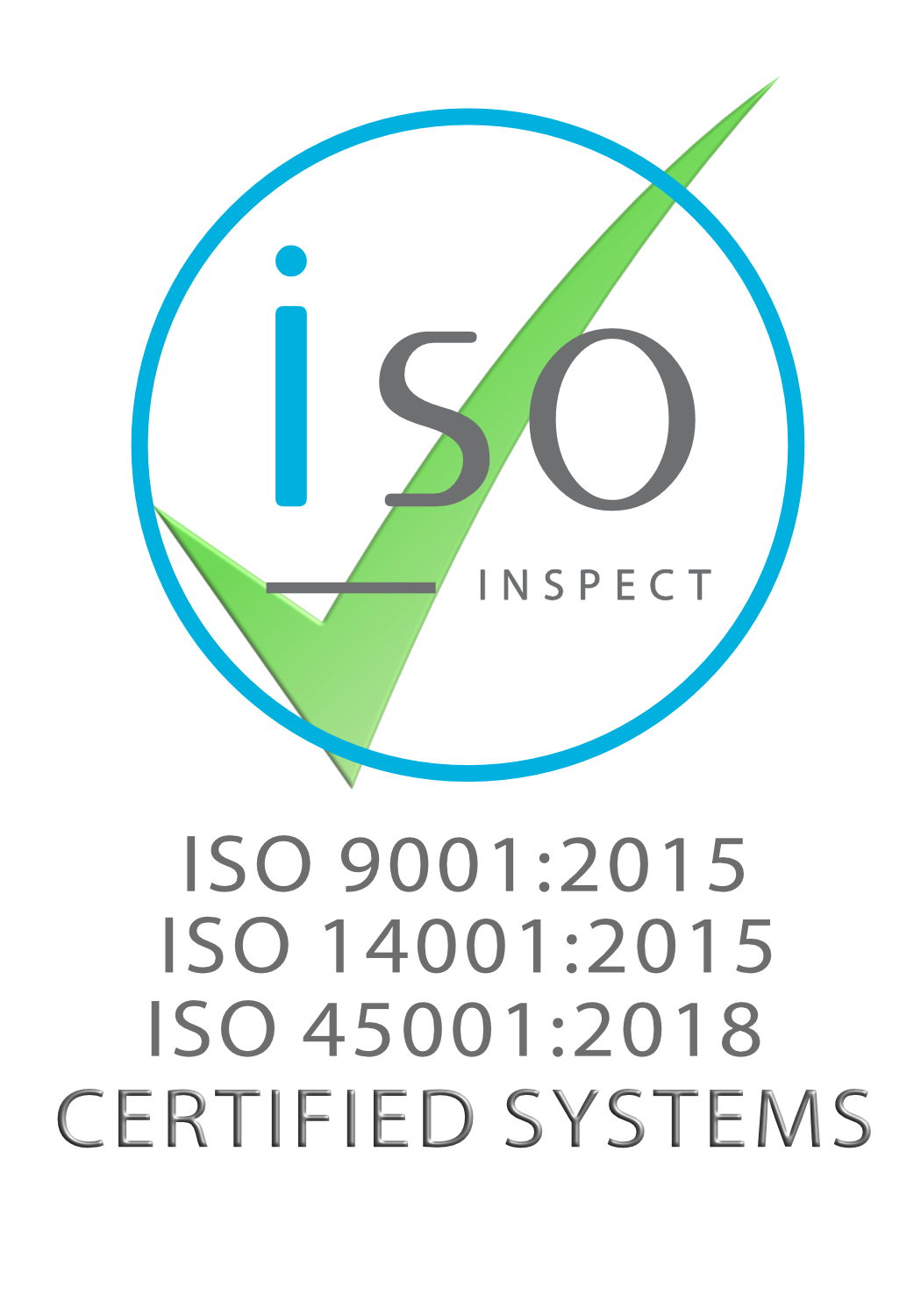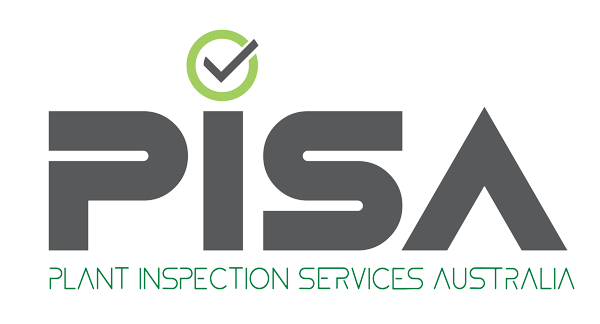Get peace of mind knowing that your pressure vessels are compliant and safe to operate.
The safety, reliability, and efficiency of your pressure equipment is paramount. Our expert inspectors use state-of-the-art technology and industry-leading practices to conduct thorough and accurate inspections, identifying potential issues before they become costly problems.
With PISA, you gain peace of mind knowing your operations are compliant with the highest safety standards, minimising downtime and maximising productivity.
The PISA Inspection Process.
1.
Book & discuss.
Book your pressure equipment inspection online or give us a call to discuss your assets and needs. This provides us with an in-depth understanding of your inspection requirements, along with any unique concerns or requests.
2.
Onsite inspection.
We’ll arrange a time with you that best fits your operational schedule. Our goal is to ensure minimal equipment downtime while completing the inspection efficiently.
3.
Qualified Inspector on Site
A fully qualified inspector, certified by the AICIP (Australian Institute for the Inspection Personnel), will visit your site to carry out the inspection for your pressure equipment in accordance with
AS3788 – Pressure Equipment – In-Service Inspection
standards.
4.
Assessment and Compliance Check
Our inspector will assess your pressure equipment for any non-conformance with AS3788 and the relevant Work Health and Safety Regulations. This will also include a thorough review of your equipment's documentation, flagging any missing documents that could affect regulatory compliance.
5.
Compliance Decal Applied
Once the inspection is complete, a compliance decal will be placed on your pressure equipment to verify it's inspection. This shows that your equipment is in line with all local regulatory requirements and is safe to continue operating.
6.
Detailed Report with Recommendations
A comprehensive report will be provided, highlighting any non-conformances or points of interest found during the inspection. It will detail the necessary actions required to get your pressure equipment compliant and maintain ongoing regulatory standards.
We’ll look after you.
PISA adheres to the highest standards in the industry to ensure the safety and reliability of your pressure equipment. These standards include AS 1210, AS 3788, ASME Section VIII, and API 510/570.
AS 1210 outlines the requirements for the design and construction of pressure vessels, ensuring they are built to withstand operational stresses.
AS 3788 provides comprehensive, full lifecycle guidelines for the in-service inspection and maintenance of pressure equipment from commissioning to scrapping. Detailing procedures for routine inspections and safety checks, AS 3788 helps maintain safe operations.
ASME Section VIII (a critical part of the American Society of Mechanical Engineers Boiler and Pressure Vessel Code). This outlines stringent requirements for the design, fabrication, inspection, testing, and certification of pressure vessels.
API 510/570 (from the American Petroleum Institute) covers the inspection, repair, alteration, and rerating procedures for in-service pressure vessels and piping, specifically tailored for the petroleum and chemical industries.
We inspect, test, and certify a range of pressure equipment:
- Boilers
- Pressure Vessels
- Piping Systems
- Pressure Relief Devices
- Heat Exchangers
- Autoclaves
- Air Receivers
- Cryogenic Equipment
- Hydraulic Systems
- Process Reactors
- Boiler Economizers
- Steam Generators
- Cooling Towers
- Pressure Piping for Gases
- LPG Storage Tanks

INSPECTIONS YOU CAN TRUST.
We offer pressure equipment testing and inspections you can rely on. Backed by ISO 9001:2015, ISO 14001:2015, and ISO 45001:2018 certifications, we deliver precision, safety, and compliance every time.
From pressure vessels testing to boiler inspections, PISA ensures your equipment is tested, verified, and performing at its best.
don't know your vessels hazard level?
Use our Hazard Level Calculator to find out your specific inspection and registration requirements.

Don’t delay.
Regular pressure equipment inspections are essential for a safe, compliant, and efficient operation. When critical inspections are delayed, the potential impacts can be devastating — and extremely costly.
Safety hazards
Uninspected pressure equipment can develop leaks, cracks, corrosion, or other faults that may lead to catastrophic failures — explosions, fires, or the release of hazardous substances. This can result in serious injuries or fatalities to workers.
Operational downtime
Undetected issues can lead to unexpected equipment failure, resulting in significant operational downtime. This disruption can be costly in terms of lost productivity and emergency repair expenses.
Legal & regulatory non-compliance
Pressure equipment is subject to strict regulations and standards. Failing to conduct regular inspections can lead to non-compliance, resulting in fines, legal action, and potential shutdowns by regulatory authorities.
Environmental impacts
Leaks or failures in pressure equipment can lead to the release of harmful substances into the environment, causing pollution and long-term ecological damage. This can also lead to hefty fines and clean-up costs.
Financial losses
Beyond the immediate costs of repairs and fines, uninspected equipment can lead to higher long-term maintenance costs, loss of business reputation, and increased insurance premiums.
Reduced equipment lifespan
Regular inspections help identify and address minor issues before they escalate, extending the lifespan of pressure equipment. Without inspections, equipment deteriorates faster, leading to premature replacement and higher capital expenditure.
Book a pressure equipment inspection online.
Our pressure equipment inspection services cover boilers, pressure vessels, storage tanks, and pressure piping. For precise, professional, and proactive inspections that keep your plant running smoothly, book your inspection online.
